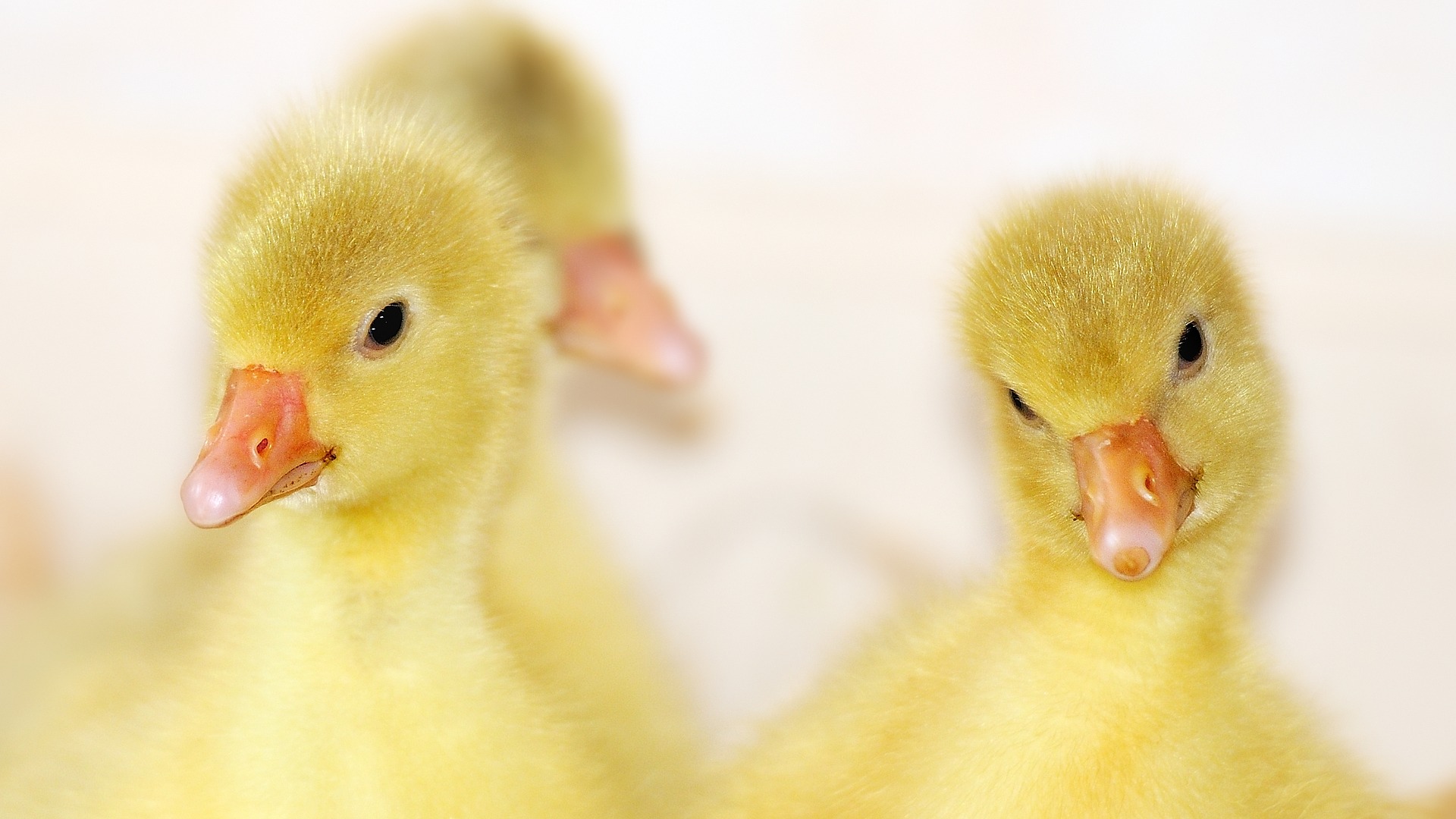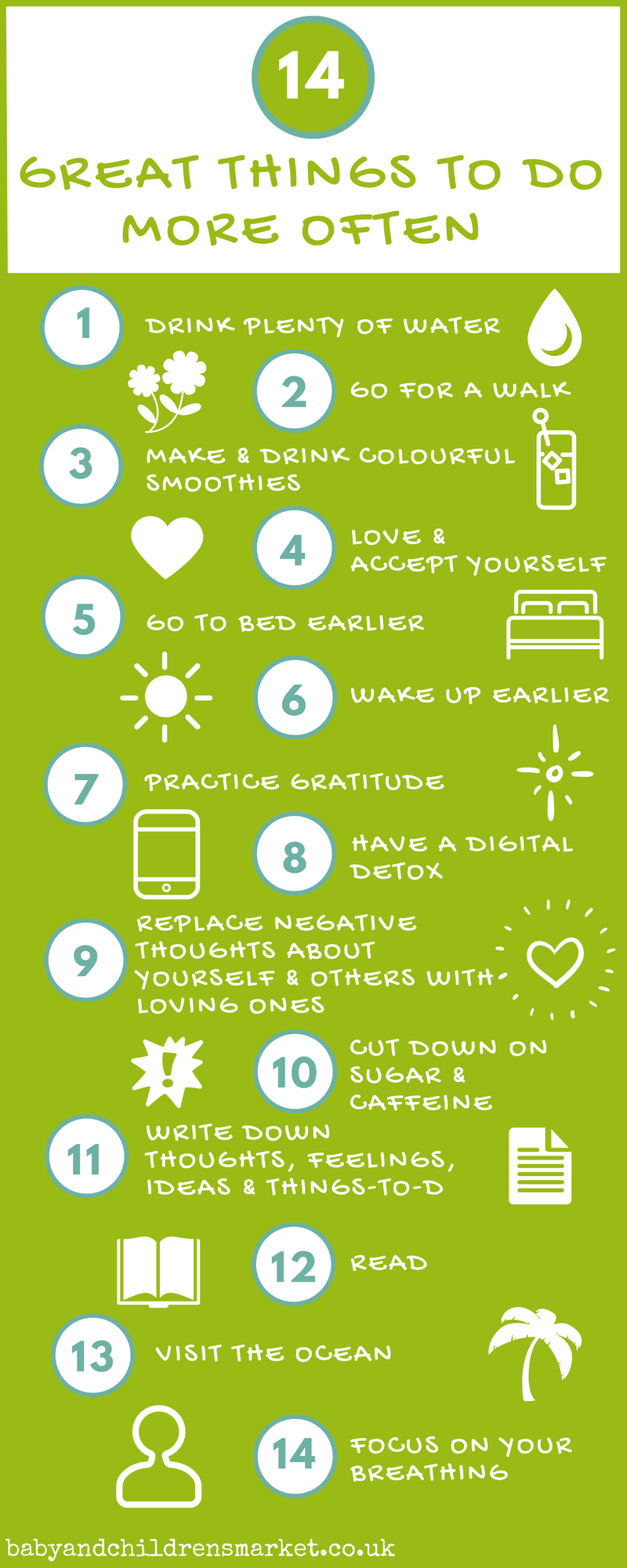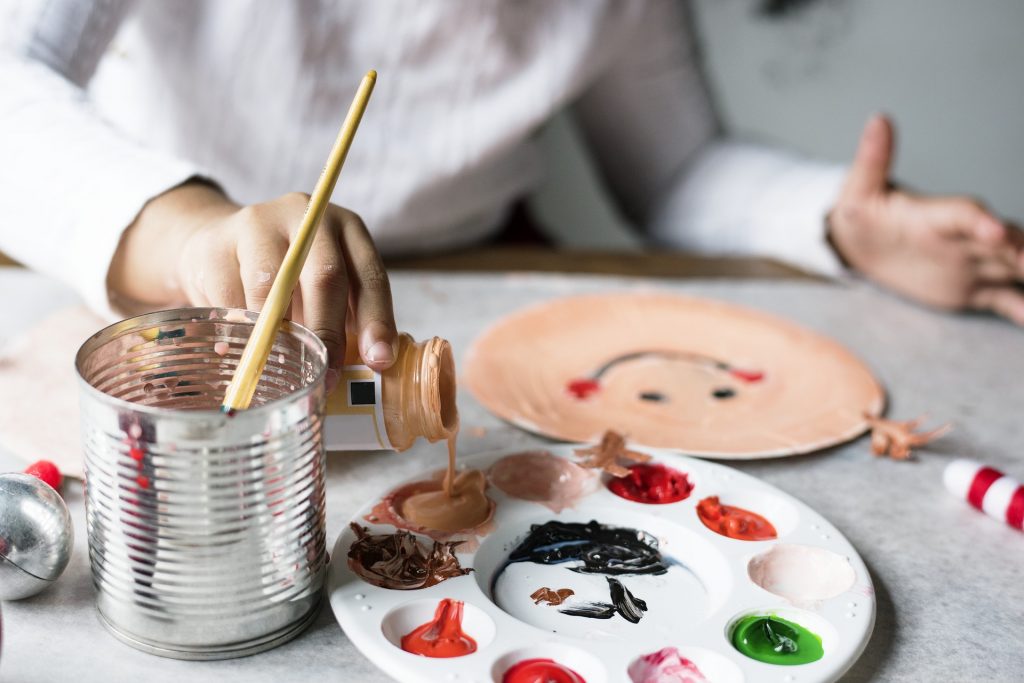The daffodils are out, the days are getting longer and the shops are full of chocolate eggs – Easter is well and truly on its way!
Trying to keep the kids entertained this Easter doesn’t have to cost a bomb. Here are some low-cost ideas for keeping your little people amused during the Easter break:
Easter Crafts
Kids love making Easter bunnies, chicks and other related crafts. Many are cheap and easy to make too!
We love these 40 Easter craft ideas from Red Ted Art, which are bound to keep your creative bunnies busy! And check out these Pinterest boards for even more inspiration.
Easter Egg Hunt
Easter wouldn’t be complete without an egg hunt. For budget eggs, baskets, bonnets and decorations, head to your local Poundland where you’ll find a great selection.
Your local library:
Most libraries run free arts and crafts sessions over Easter, as well as story times, rhyme times and other activities such as construction clubs and other workshops.
Cost: Free
Shopping Centres:
Many shopping centres also put on free crafts, activities and events. It’s worth checking out the programme of events at your local mall.
Cost: Free
Arts Centres:
Many arts centres host workshops and events over Easter. Whether your little ones are into dance, drawing, writing or craft, you’re likely to find something to they’ll enjoy for a minimal cost.
Cost: Normally around £5 – £10 per activity

Cinema:
If your kids love film, why not take them along to the special kids screenings at your local cinema? These usually take place early in the morning and can cost as little as £2.50 per ticket. Also, check out your local arts centre or theatre, where films may be screened at a fraction of the cost of regular cinema prices.
Cost: £2.50 upwards
Museums
All around the UK, museums offer free entry to their exhibits year round. During peak times, such as Easter, many put on extra events and activities for their little visitors.
Cost: Often free
Park Runs
If your kids need to run off some steam, why not take them to a free park run? These events are held up and down the country every weekend and kids love the sense of achievement they feel from taking park in a 2k or 5k run with their peers. Check out the Park Run website to find events near you.
Cost: Free
Geocaching
Geocaching is a free and slightly addictive activity you can take part in through an app. Your task is to find the geocaches in your area, sign the log book and then re-hide the geocache for others to find. You can also share your progress with others online. If the weather isn’t too bad this Easter, geocaching is a great option.
Cost: Free
Bounce
A room full of inflatables is every child’s dream. Bouncy castles, assault courses, slides and more are available at the Bouce Departments pop-up play centres. Tickets cost from £5.50 and must be booked in advance. See if there is a play centre local to you here.
Cost: Around £5.50 per child

Your local Council
Don’t forget to scour your local council’s website to find more free activities in your area. For example, some councils offer free swimming and other leisure activities for kids during school holidays.
Cost: Free and up
Join the National Trust
For an initial outlay of around £114 (or a direct debit of about £9.55 per month), you can buy a National Trust family membership and have free access to hundreds of incredible places all around the UK. Beautiful gardens, parks, stately homes and historic buildings are just some of the attractions at your fingertips. Your kids will never be bored again!
Cost: about £114 per year
Dig out the deals
Websites such as Wowcher and Groupon have a multitude of deals on events and activities in every pocket of the UK. Don’t forget to see if you can use your loyalty card points to buy tickets to local attractions – for example Tesco Clubcard has an excellent selection of deals.
Head to your local Baby & Children’s Market
Not only will you save a fortune on everything your little ones need from clothes and books to pushchairs and nursery furniture, you will also find a great selection of pre-loved toys and games. Many of our markets also put on entertainment especially for kids, find your local event here.
Aimee Foster is a mum, freelance writer and social media manager, bookworm and sea lover. Find more of her ramblings over on her blog, New Forest Mum.








